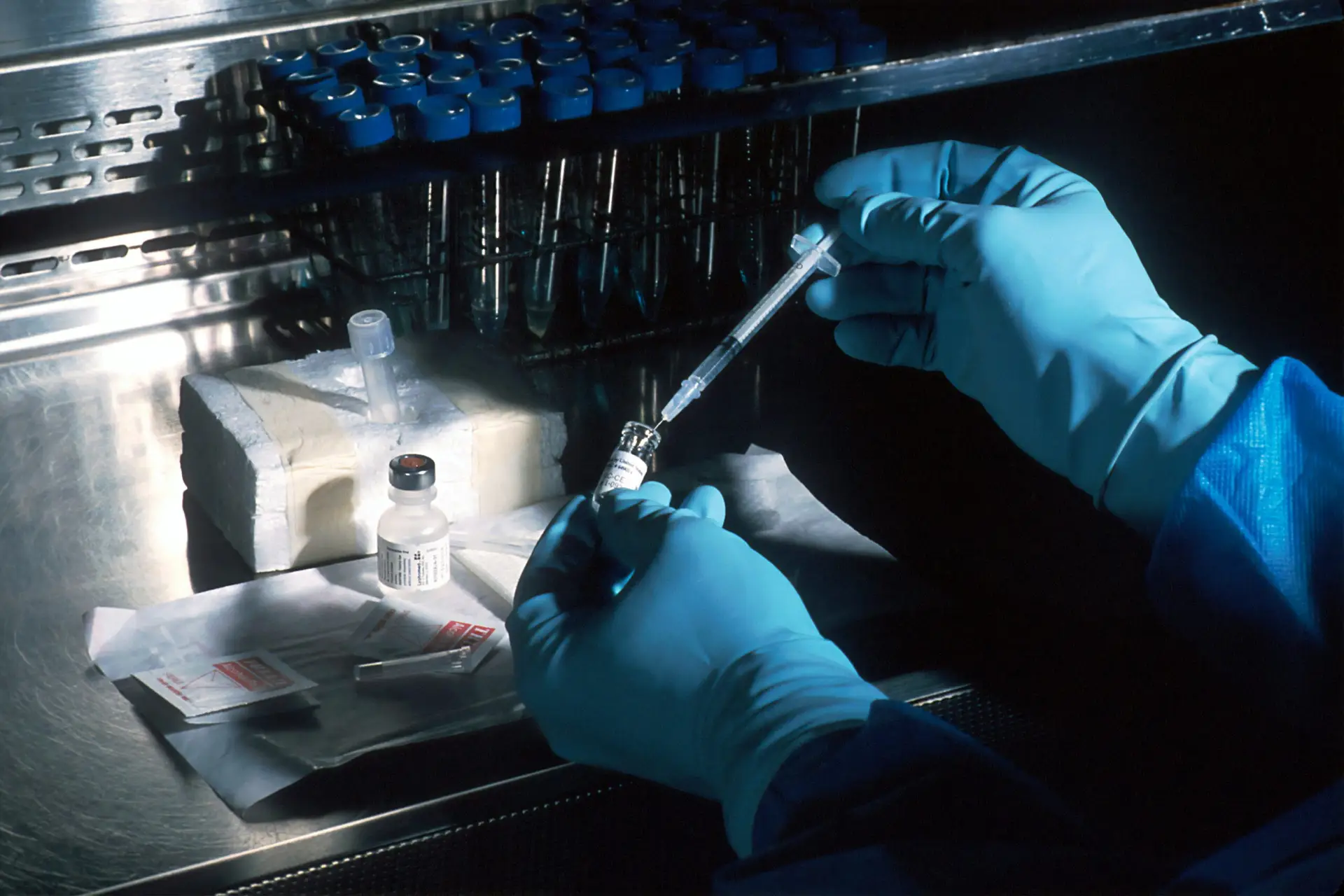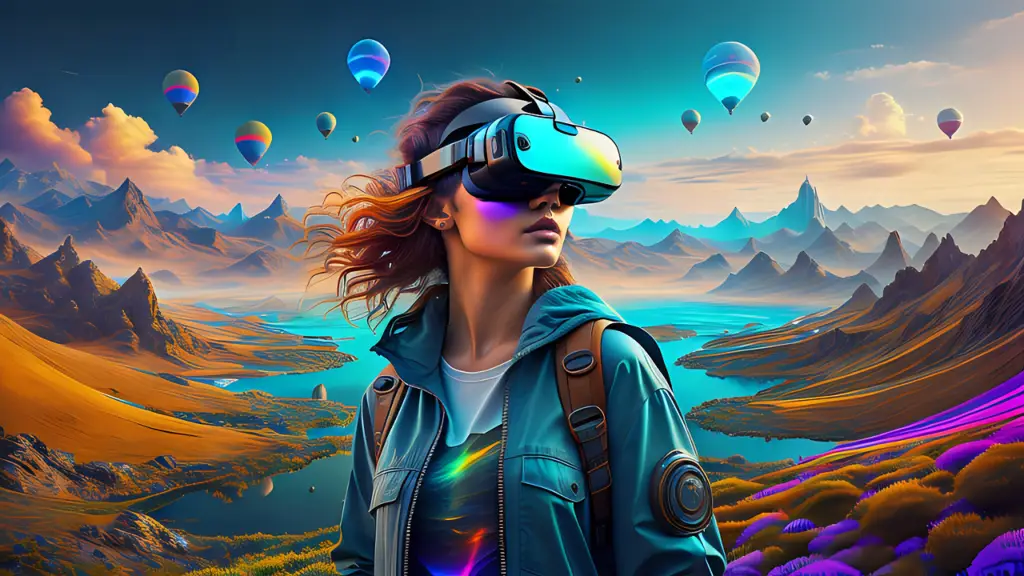Outline of the Article
I. Introduction
A. Definition of Biotechnology
B. Evolution of Biotechnology in Technology
II. Biotechnology in Healthcare
A. Precision Medicine
B. Gene Editing Technologies
C. Therapeutic Cloning
III. Biotechnology in Agriculture
A. Genetically Modified Organisms (GMOs)
B. Crop Improvement Techniques
IV. Environmental Applications of Biotechnology
A. Bioremediation
B. Bioenergy
V. Challenges and Ethical Considerations
A. Privacy Concerns
B. Ethical Implications of Gene Editing
VI. Future Prospects
A. CRISPR Technology Advancements
B. Personalized Medicine Innovations
VII. Conclusion
Biotechnology in Tech: Innovations in Healthcare and Beyond
Biotechnology has become an integral part of technological advancements, particularly in the healthcare sector. Its influence extends far beyond medicine, touching agriculture, environmental conservation, and more. This article delves into the various facets of biotechnology, exploring its innovations in healthcare and beyond.
I. Introduction
A. Definition of Biotechnology
Biotechnology is the application of biological systems, organisms, or derivatives to develop or create new technologies for various industries. In the technological landscape, it serves as a catalyst for innovation, offering solutions to complex challenges.
B. Evolution of Biotechnology in Technology
The integration of biotechnology into technology has evolved over the years, with breakthroughs transforming the way we approach healthcare, agriculture, and environmental conservation.
II. Biotechnology in Healthcare
A. Precision Medicine
One of the remarkable contributions of biotechnology to healthcare is precision medicine. Tailored to an individual’s genetic makeup, precision medicine allows for personalized treatment plans, enhancing therapeutic effectiveness.
B. Gene Editing Technologies
The advent of gene editing technologies, such as CRISPR-Cas9, has revolutionized the medical field. Scientists can now modify genes with precision, opening doors to potential cures for genetic disorders.
C. Therapeutic Cloning
Biotechnology has also paved the way for therapeutic cloning, a process where stem cells are used to create tissues or organs for transplantation, minimizing rejection risks.
III. Biotechnology in Agriculture
A. Genetically Modified Organisms (GMOs)
In agriculture, biotechnology has given rise to genetically modified organisms (GMOs). These crops possess improved traits, offering resistance to pests and diseases, ultimately increasing yield.
B. Crop Improvement Techniques
Biotechnology has introduced innovative crop improvement techniques, allowing for the development of drought-resistant and nutrient-enriched crops, addressing global food security concerns.
IV. Environmental Applications of Biotechnology
A. Bioremediation
Biotechnology plays a crucial role in environmental conservation through bioremediation. Microorganisms are employed to detoxify pollutants, contributing to the restoration of ecosystems.
B. Bioenergy
In the pursuit of sustainable energy solutions, biotechnology contributes to bioenergy production, utilizing biological processes to generate energy from renewable sources.
V. Challenges and Ethical Considerations
A. Privacy Concerns
With the advancements in genetic testing, concerns about the privacy of individuals’ genetic information have surfaced, raising ethical questions regarding consent and data protection.
B. Ethical Implications of Gene Editing
The power of gene editing technologies poses ethical dilemmas, questioning the morality of altering the fundamental building blocks of life.
VI. Future Prospects
A. CRISPR Technology Advancements
The continuous advancement of CRISPR technology holds promise for groundbreaking medical treatments, making it a focal point for future biotechnological innovations.
B. Personalized Medicine Innovations
As biotechnology progresses, the field of personalized medicine is expected to expand, offering targeted and effective treatments based on an individual’s genetic profile.
VII. Conclusion
In conclusion, the integration of biotechnology into technology has ushered in a new era of possibilities. From personalized medicine to sustainable agriculture, biotechnology continues to shape the future. While facing challenges and ethical considerations, the innovations it brings have the potential to revolutionize healthcare and beyond.
FAQs
- Is biotechnology only applicable in healthcare? Biotechnology extends beyond healthcare, influencing agriculture, environmental conservation, and more.
- What are the ethical concerns associated with gene editing? Gene editing raises ethical questions about altering the genetic makeup and potential misuse of the technology.
- How does bioremediation contribute to environmental conservation? Bioremediation uses microorganisms to detoxify pollutants, aiding in the restoration of ecosystems.
- What is precision medicine, and how does it benefit patients? Precision medicine tailors treatment plans to an individual’s genetic makeup, enhancing therapeutic effectiveness.
- What role does biotechnology play in addressing global food security concerns? Biotechnology introduces crop improvement techniques and genetically modified organisms to increase crop yield and enhance food security.



